VANCOUVER — Sept. 30 is the National Day for Truth and Reconciliation and RJC Engineers is hosting the second instalment of its webinar series Building a Foundation for Reconciliation 2022: The Interconnections between Infrastructure, Culture and the Environment which will explore how architecture, engineering and construction (AEC) can become better allies to Indigenous nations.
The free, two-hour webinar will be held from 10 a.m. to 12 p.m. PDT, in partnership with IISAAK OLAM Foundation, Tsawout First Nation, Halalt First Nation and the Roots to Roofs Community Development Society.
The first webinar in this series gave an overview of the history of this Land and outlined ways in which we can try to see the complex interconnections between many of the challenges facing Indigenous nations.
The mini-conference will help AEC practitioners better understand how to approach infrastructure design with Indigenous nations in a way that supports community, environmental and cultural health and well-being, states a release, adding attendees will gain a better understanding of the need for a systems approach to engineering design and recognize the need for community-led design.
Presenters will share the role of infrastructure in the development of Indigenous Protected and Conserved Areas (IPCAs) and ways to identify how participants and their organizations can support the Truth and Reconciliation Commission’s Call to Action number 92.
“Collectively, we face substantial challenges in the years to come,” said Eric Wilson, Indigenous projects liaison with RJC Engineers and IPCA Infrastructure and systems lead with IISAKK OLAM Foundation, in a statement
“The defining issues of our time – climate change, ecological collapse, poverty, water scarcity, and turbulent social stratification – cannot be addressed through the lens of engineering, efficiency, and western government policy. Our best chance to produce meaningful solutions to these challenges is dependent on the coming together of Indigenous and Western Knowledge systems in mutual respect and appreciation of each other’s strengths.”




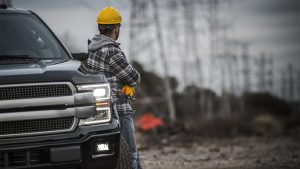
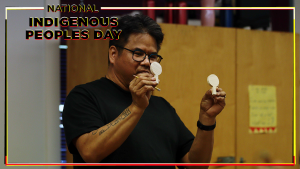
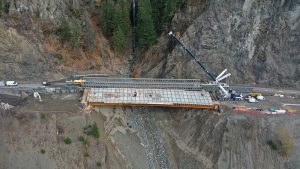
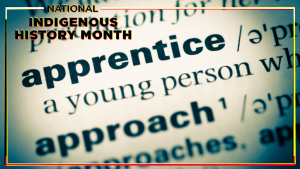
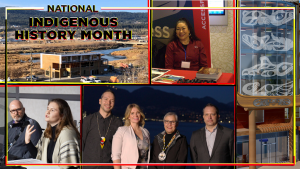
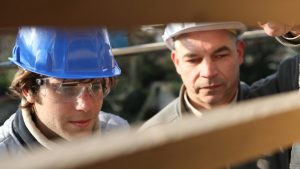
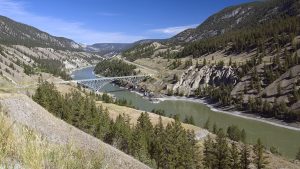
Recent Comments
comments for this post are closed